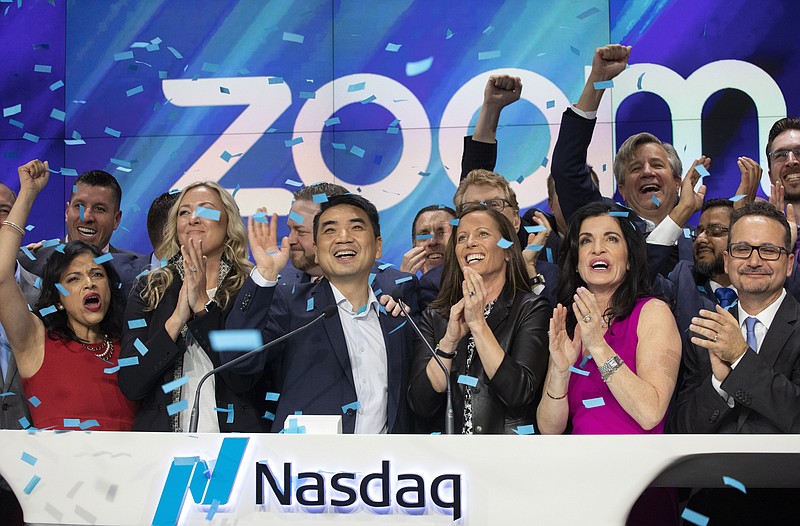If you predict it every year, sooner or later the United States will have a catastrophic year for hurricanes. If you forecast it regularly, the imminent death of a celebrity is going to occur. If you suggest it often enough, at some point the United States will have a downturn in the economy.
Democrats and their media partners - the ones who don't credit former President Barack Obama for the country's currently solid economy - have been forewarning that the U.S. economy would collapse as long as Donald Trump has been president.
When he was elected, New York Times economist/commentator Paul Krugman said the markets would never recover.
"[W]e are very probably looking at a global recession, with no end in sight," he wrote in the early morning hours after the election. "[O]n economics, as on everything else, a terrible thing has just happened."
The drumbeat continued apace, with predictions greeting each move the Trump administration made as the beginning of the end of the weak economic recovery from the Great Recession.
Former Obama economic adviser and Treasury Secretary Larry Summers compared the new president's prediction of 3% gross domestic product (GDP) growth to believing in "tooth fairies," and Obama administration economist Lee Branstetter said it was "mathematically impossible" to reach 3 percent growth.
Instead, the economy took off.
More jobs were created, unemployment fell further and wages began to climb. GDP hit 3% the first full quarter after Trump took office
The president's personal and corporate tax cut (the Tax Cuts and Jobs Act) in December 2017, though frightening to those of us who have grave concerns about the debt, added fuel to the sparking economic fire. GDP even rose to 4.2 percent in the second quarter of 2018.
Since the tax cut act, though, not only have Democrats - never before concerned about the debt - spoken like debt hounds, but they also began to predict the economy soon would begin to flag.
Congressional researchers last August, as reported by Reuters, said tariff and trade policies would drag it down in 2019.
Several well-known publications published opinion pieces saying that a recession would occur in 2019. If not 2019, surely one will happen in 2020, others said.
At some point, the economy will slow. The cyclical nature of economies practically requires it. After all it's been nearly 10 years since the recession ended, and the economic expansion would set a new record for longevity in July. So when a slowdown does happen, some Democrat or media pundit will have predicted it. Because when you predict one to occur every quarter, eventually you'll be right.
In the meantime, the U.S. economy isn't listening to doomsayers. The S&P and Nasdaq recently hit all-time highs, first-quarter GDP growth exceeded all expectations (by nearly 1%) at 3.2%, and national unemployment is 3.8%.
Even far left MSNBC termed the first-quarter growth "extraordinary."
In addition, unemployment for blacks and Hispanics has remained at or near record lows. Consumer spending surged 0.9% in March, the biggest monthly increase since August 2009. The trade deficit narrowed. And inflation over the past 12 months is 1.5%, even lower than the Federal Reserve's 2% target.
When Trump took office, about 2 million more people were unemployed than there were job openings. Today, there are about 900,000 more job openings than there are people employed.
Criticizing good news doesn't serve candidates well, so Democrats wanting to replace Trump in 2020 have had to change the message.
Several on the left fringe go with the "make the zillionaires pay their fair share" argument. Others trot out "the economy is not working for (name your particular aggrieved population segment)." Still more claim the way to take on the economy is to undo what Trump did, at least whatever piece of it they feel they can get away with.
So, 18 months before the 2020 election, Democratic candidates can get their voters to scream at rallies that they got nothing from the GOP's income tax cut. But nearly half of all Americans didn't pay any income tax, so, no, most of the screaming Democrats wouldn't have gotten anything from the cut, though they all benefit from a roaring economy.
A year and a half before November 2020 is a long time where the economy is concerned. Many things, good or bad, can affect it. But forgetting everything else Trump is or is not, Democrats would certainly rather be running with the current economy than running against it.
